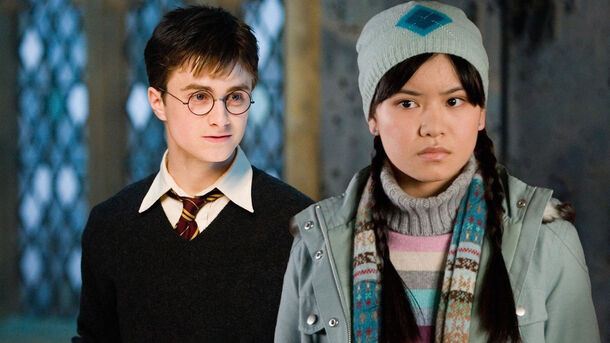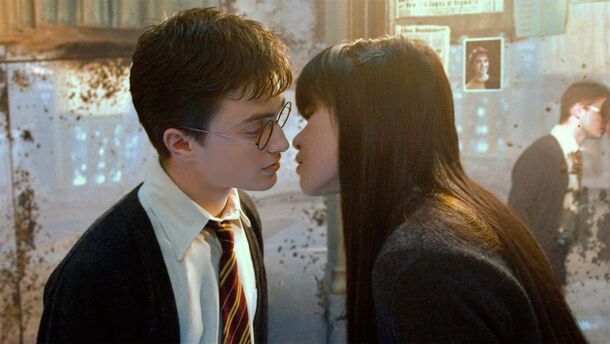Why Are Harry Potter Fans Still Talking About the Cho Chang Controversy in 2024?

Years later, fans cannot forgive Rowling for such blatant stereotypes.
Summary
- Cho Chang had no significant role in Harry Potter other than having an affair with the protagonist, but fans still remember her.
- She attracts attention because of her stereotypical name, which reveals many problems in J.K. Rowling's work.
- But this is just one example of the author's systematic disregard for reality.
The Wizarding World never ceases to amaze with its magical appeal. This is true not only for millennials who were exposed to the Harry Potter media as kids, but also for younger generations, as today's children are no less excited to read J.K. Rowling's books and watch the movies.
But for all its magical charm and compelling storytelling, the universe of wizards, witches and fantastical beasts contains a plethora of highly questionable moments and controversies. And these moments are increasingly coming under public scrutiny as audiences, young and old, become more aware of the importance of diversity and inclusion in the media.
People are hoping for an active response from J.K. Rowling about the troubling nature of their favorite books, but as we know, the author has long antagonized fans for her bigoted views. So we can only hope that those issues will be deliberately addressed by the writers of the upcoming TV series.
Many fans have been particularly vocal about a character named Cho Chang in recent years. So let's break down what makes her so controversial, and why the name alone masks much deeper and more systematic problems of inclusion in the Harry Potter world.
Who is Cho Chang?
Fans may remember the character played by Hong Kong-born Scottish actress Katie Leung. Although not directly stated by Rowling, it was strongly implied that Cho Chang was Cedric Diggory's girlfriend, on whom Harry had a crush. Later, out of grief over Cedric's death, the two became close to Potter and even started dating in the fifth book.

Unfortunately, the romance didn't last long and ended after their friend Marietta Edgecombe told Dolores Umbridge about Dumbledore's Army. Although Cho remained loyal to the Army and Hogwarts, her character has since become less important in the story.
Controversy over Stereotypical Name
The problem is that Cho Chang is not, to put it mildly, a typical name for someone from any kind of Asian region or culture. Of course, one might assume that since Cho is a 2nd or 3rd gen immigrant to Scotland, her name is simply an awkward romanization of the Chinese Zhou Zhang.
But a stereotypical name with no connection to reality, as opposed to the more culturally embedded names of white characters, is just one indicator of Rowling's systematic reluctance to engage with the context of non-white people, despite the fact that Britain is a multicultural state.
Is Chang an Example of Stereotypical Perception of PoC?
Even though about ten people of color appear regularly in the Harry Potter novels, none of them have a significant role in the story, unlike their white counterparts. Moreover, many of them are somewhat caricatured. For example, Cho is an incredibly intelligent student who attends Ravenclaw, but her only contributions are romantic storylines with boys.
She has also been actively compared to Ginny Wisley, Potter's 'true' love, in that she is not a crybaby and actively supports the protagonist. We know that Rowling has a knack for slyly making the reader hate a character, and in context it seems that Cho was such a character.
In fact, Cho Chang is just the tip of the iceberg of systematic racism in Rowling's books. From the names of other characters of color (from Kingsley Shacklebolt to Padma and Parvati Pati) to the names of wizarding schools (Uagadou in Uganda, the only school in all of Africa, by the way, or Mahoutokoro in Japan, which translates as a bland 'magic place'), it all shows how lazy Rowling has been in her approach to geographical, historical, and cultural context. Indeed, why bother when you can just ignore reality?